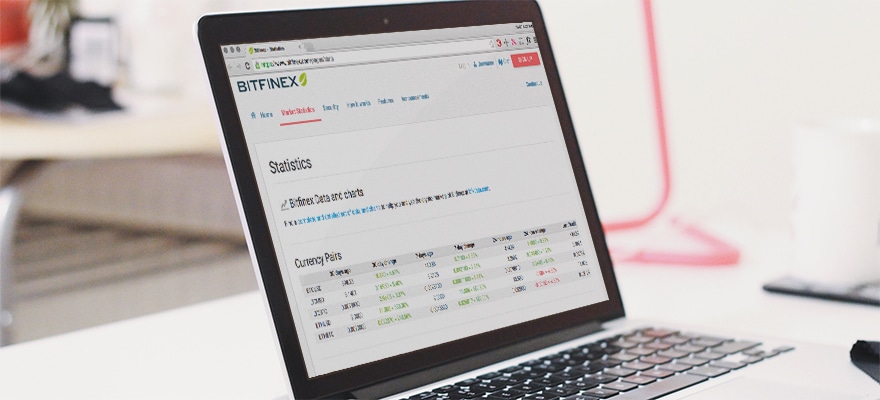ING, the Netherlands’ largest financial services company, today confirmed that Bitfinex, the world’s biggest Bitcoin exchange by trading volume, holds a bank account with it, while questions mount over a digital token linked to its backers.
Discover credible partners and premium clients at China’s leading finance event!
According to a Reuters report, ING spokesman Harold Reusken confirmed Tuesday in an emailed statement that the virtual currency trading venue has an account in the Netherlands, but he didn’t provide details on the amount held or “whether ING also provides banking services for other Bitfinex-related companies.”
While little public information exists about how this relationship impacts ING’s previously announced plans to serve “companies that are in the value chain of Cryptocurrencies ,” the company’s spokesman added that “ING does not itself provide any services to help customers buy or sell cryptocurrencies.”
Earlier in December, the CFTC ordered Bitfinex to provide more information about Tethers, which are tokens backed by US dollar deposits, with each token always worth one dollar, as the two entities share the same CEO, Jan Ludovicus van der Velde.
Tether’s records showed that it had $443 million in bank accounts as of September 2017. However, the British Virgin Islands-based firm didn’t identify the banks where that money was held, and a report from auditor Friedman LLP said that it didn’t investigate the reliability of such records. The accounting firm only confirmed that bank deposits were held in the name of a trustee, but Friedman said that it could not confirm that Tether had any enforceable agreement with that trustee.
As such, the value of Tether only rests on the claim by its issuer.
Adding to its banking woes, Tether lost access to Wells Fargo as its correspondent bank in April. It received deposits from US customers from this bank. Wells Fargo ended this relationship which consequently tied up tens of millions of USD that was being wired internationally on behalf of Bitfinex’s users.
Earlier in November, more than $30 million worth of USDT was stolen from the company. Given its size, the theft sparked confusion and frustration among market traders and observers. The event attracted the attention of the US regulator.

















